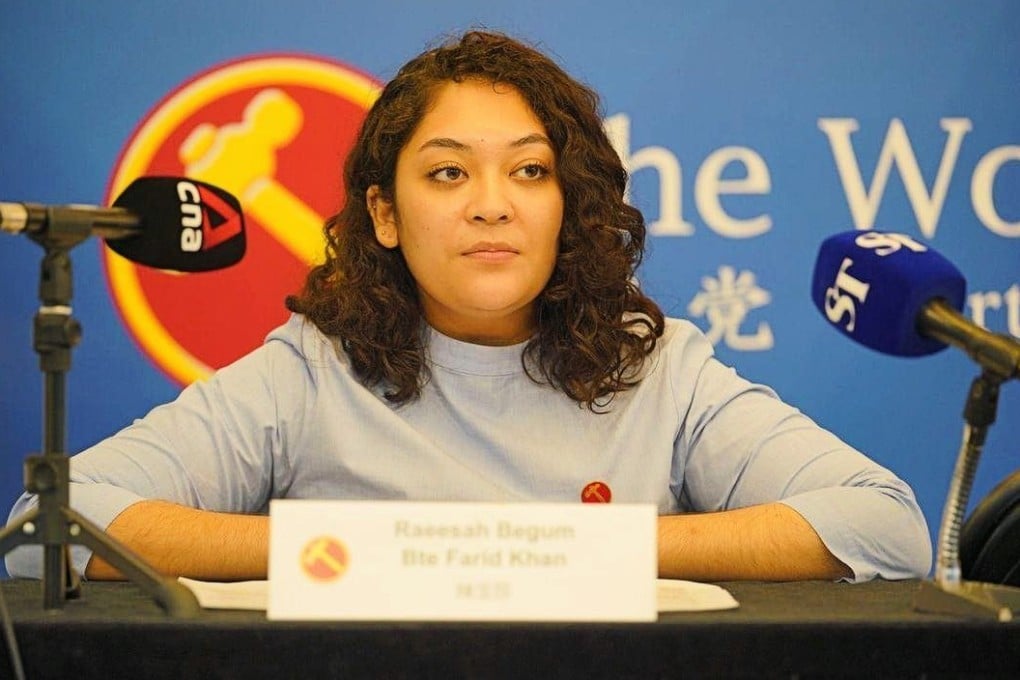Advertisement
Singapore opposition chief Pritam Singh may face prosecution as Workers’ Party’s woes mount over lying scandal
- Former Workers’ Party MP Raeesah Khan last year accused police of mishandling a sex assault case during a debate on gender equality, which she later said was untrue
- The parliamentary Committee of Privileges is also recommending that WP chief Pritam Singh is referred to the public prosecutor for possibly breaking the law during his testimony before the group
Reading Time:4 minutes
Why you can trust SCMP
10

A Singaporean parliamentary committee tasked with probing a lying scandal involving the opposition Workers’ Party has recommended a fine for the ex-MP Raeesah Khan and the possibility of criminal prosecution for party chief Pritam Singh.
The parliamentary Committee of Privileges’ recommendation to take Khan, 29, to task for lying in the legislature was widely expected following proceedings that stretched back to early December.
The decision to refer Pritam Singh, the Workers’ Party chief to the public prosecutor for possibly breaking the law during his testimony before the committee, however, was indicative that the worst was not over for his small but ascendant party.
Advertisement
The committee’s recommendations must be approved by parliament, which next sits on Monday.
The committee is made up of seven members of the ruling People’s Action Party (PAP) led by Prime Minister Lee Hsien Loong, and one MP from the Workers’ Party.
Advertisement
Observers had earlier suggested that the matter, initially seen as minor, was snowballing into a potential “existential crisis” for the party.
Advertisement
Select Voice
Choose your listening speed
Get through articles 2x faster
1.25x
250 WPM
Slow
Average
Fast
1.25x